OSDD-1b system of 11 currently in therapy. This blog will contain shit posts, and posts that might be triggering. Blog mostly run by Lou, the host.
Don't wanna be here? Send us removal request.
Text
dare I say, it’s a lifestyle
*saying this while sitting on the floor*
sitting on the floor is an emotion
96K notes
·
View notes
Text
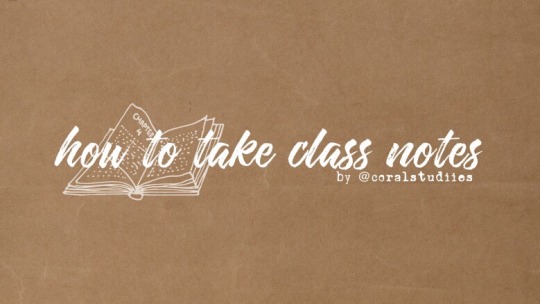
How to take class notes
1. Figure out what ‘format’ of notes you want to take
Do you have PPT slides/notes already printed out for you??? If not, do you like your notes in point form? Cornell notes? Can you print out ppt
You can search up some common note taking methods online. Find one that works for you (it differs according to individual and subject). What works for me is point form with annotations & drawing boxes around main concepts and formulas.
When you find the ideal method, stick to it. Make sure it’s 1. Easy to make 2. Easy to refer to 3. Easy to add on 4. Easy to study from in a pinch
2. Choose the right stationery
Seems insignificant but as we all know, class notes get super messy. It’s important to get a pen that doesn’t smudge, choose quick-drying highlighters and paper that doesn’t have too much bleed-through or ghosting issues if you take notes from scratch.
For my class notes, I like using 0.3 pens (thinner pen makes your notes look neater) and pilot frixion highlighters (because they’re erasable).
3. Pre-read the lesson material (if possible)
Read the textbook/whatever material provided to you. Write down keywords/ key points on a post it and stick it somewhere you can easily refer to during the lesson.
As the teacher carries out the lesson, use these keywords to create more structure in the lesson so that you’re not lost/missing out important information.
This also helps with understanding the material quickly during the lesson so that you actually digest what you’re taking down instead of blindly copying whatever comes out of the lecturer’s mouth.
4. Use pencil to annotate your notes & add on extra info
These annotations can be explanations that your professor or teacher forgot to say initially and were added on later etc. or just how it links to another part of the chapter
If your teacher provides additional examples, case studies, links or just another insight into the chapter, scribble it down somewhere on your notes.
When you go home, figure out if these are important. If yes, write them in again using pen. Things like links are often ‘single-use’ so I don’t bother writing it after I’ve visited the page.
5. Pay attention
Engage with your material, even as you’re frantically copying down the info. I know it’s difficult and that’s why step 3 could be a life-saver. Ensure that you have your post-it note from step 3 ready.
Things that are repeatedly emphasised by the lecturer should be highlighted, underlined or circled.
Important formulas should be boxed up or circled for easy reference. Diagrams should be drawn after class because they're time-consuming.
Make links between one point and another if possible. This ensures that you’re listening actively instead of copying passively
If you find yourself encountering issues with understanding how one key point leads to another, quickly raise your hand and present your queries.
If you have no time to underline or circle or highlight during class, use a pencil to mark out the words you want to take note of.
To write faster, use abbreviations and short forms wherever possible. For example if the lecturer says calcium deficiency you could just write Ca -. Or Ca def. or whatever works for you!
6. Review
After taking your class notes, it’s time to review them. Read over the information and check if all key points have been covered. If not, ask about them the next lesson.
Note all the things written in pencil. Decide if they’re important. If not, erase them. If yes, write them in. View all ‘extra info’ that the teacher provides such as videos and webpages.
Highlight/circle/underline whatever necessary info that you didn’t have time to do during the lecture. Draw any undrawn diagrams.
Try to understand whatever was taught. Can you link the concepts and points together? Can you roughly explain it to someone in 5 mins? If yes, congratulations! If not, either review again, consult the textbook/lecturer/friend, or maybe just watch more videos on the internet to help you.
Try some practice problems if there are any.
7. Re-writing
Optional, but often times I write another set of notes which I take from all my class notes, worksheets, textbooks and ppt slides. This is rather time-consuming so it’s not for everyone. These are the slightly more ‘fancy’ notes that I post.
At this stage, it’s more of consolidating all your learning and materials.
After you’re done, keep these as well as your class notes in a folder/binder for easy reference. Never throw away your notes if you’re still taking the subject. You may need to refer to earlier content later on.
------------------------------------------------------
here's an example of how mine would look like (note: i do mine on paper but since i couldn't find any more of my own i decided to redo a digital one that looks as similar as possible)

1K notes
·
View notes
Text

I was talking to my friend about my essay planning process and surprised them with my method - I thought this was the most common way to plan essays and it’s something I find really useful so I decided to share it in case it’s helpful, even though it’s probably not new knowledge!
What kind of essays can I use this for?
I use this for all my essays, though they tend to range from 1000-3000 words
I have yet to use it for a dissertation length essay but I’ll probably use the same structure, just much more detailed
This method is one that really helps me for essays I’m dreading writing or don’t know where to begin, because it breaks it down and makes it more manageable
May be different for different subjects - I use this predominantly for philosophy essays, which it works really well for
Where to start? (At the beginning and the end!)
Start with your word count. For example, let’s say your word count was 2000 words
Your introduction and conclusion should be no more than 10% of your essay
In our example, 10% of 2000 is 200 words, so: 100 words introduction 100 words conclusion
Onto the main body!
We’ve started to break it down! Subtract that from your desired word count and that’s your writing room for the main points of your essay
In our example that leaves you with 1800 words
Now you need to work out roughly how many words you make a point in - which really isn’t an exact science
For me I make a point in about 150-350 words, it really depends on how much detail you have to include
If you’re unsure write a rough draft of a point or analyse some of your previous essays - this word count usually includes referencing and quotations
For the sake of our example let’s say each point is about 250 words
250 goes into 1800 7 times, with 50 words for some leeway.
That means roughly you will need 7 points to make up your essay.
You can play around with what works for you - if 7 is too many, or perhaps you want an even number of points you can tailor it for that particular essay
Maybe one point will be 500 words instead because you have the most to say about them - whatever works for you is fine.
The emphasis here is on approximation, don’t get too hung up on meeting exact word counts, write what you have first and if you need more, find some detail to add to your points
Here’s the part about this way of planning essays that soothes me - looking at a blank pages and knowing you have to write 2000 words is very daunting. Instead, once I’ve broken it down like this I know I’ll need 5-7 points on a subject I’ve been studying, which is something I know I’m capable of -
“But Ceri?” I hear you ask. “What if I can’t think of enough points?”
This is part two of my essay plan - done with the statistics, you need the content
Analyse your question or title, this is the most important bit.
What is the question asking of you? Does it want an argument? An explanation? What things do you need to include?
Once you have a clear idea of what they want, whether you have an idea or not of what to write, look over your notes
Every essay needs evidence, something to support what you’re saying, be it data or critics or theorists - my advice is to find the evidence that is there and build your points around it
When you need to argue to your conclusion look for evidence that opposes each other, and that’s two points already done
Start by writing your essay in bullet points, then in longer sentences while you shift things around and then finally go full essay format
As you write other points or things to include might come to you - be sure you make a note of them!
One final tip - reference as you go along. It’s such a pain but getting to the end of an essay is a marathon, and then having to go through and sort out your referencing is like a sprint for the end
Anyway that’s most of my help for now! You might read this and think that none of it will work for you, and that’s fine too, there isn’t one set way to write an essay and this is by no means the best way - just my way.
It’s probably nothing new to most of you but I’m happy to share just in case, feel free to drop by and ask anything!
887 notes
·
View notes
Text
Thesis 101: Condensed version
In my experience, there is always someone somewhere starting their thesis, or struggling to the thesis finish line, or stuck in that middle part where it’s hard work without the reward. If you are just getting started on your thesis (or another big project) and you feel a bit lost and overwhelmed: fear not, I have your back. I created a list of tips that I found useful while writing my MSc thesis (psychology).
Let me know if this was helpful and if you want more. I originally wanted to post a whole series of tips on different stages of the thesis process, so consider this the drastically condensed version of that.
Getting started
Find a lab that works on a topic that interests you and with a team that you feel comfortable with.
Make sure you know where to go with questions and get to know the structure.
Set up your goals from the beginning and make a planning.
The best thing you can do at the beginning of your thesis is figure out what you want, what your university requires, and how the project works.
Planning
Create a list of all the steps you need to take to finish your thesis and divide them over the time (months, weeks?) that you have until the deadline.
At the very beginning, discuss this schedule with your supervisor.
Create in-between deadlines, with your supervisor and also with yourself.
At the beginning of each month, write down what you should do each week.
At the beginning of each week, write down what you should do each day.
Make a list of things you need to do each day, preferably the night before, so you can start right when you sit down.
You could even calendar block if that’s your cup of tea.
Steps
Here’s an example from a psychology graduate (me):
Literature search/brain storm
Research question, hypotheses
Summarizing results into proposal
Make a plan
Learn how to analyze data
Execute plan (e.g., data collection)
Analyse data
Write down results
Draw conclusion
Revision, feedback, revision, feedback, revision!
Reflection
Every week (or at whatever interval you prefer), sit down for 20 minutes and reflect on your progress. Ask yourself:
What did I do this week?
What went well?
What did not go as planned?
What can I do to improve next week?
What is on my to do list for the next week? What’s my focus? Are there things on the long run that I need to start working on?
Reflection keeps you on track but also allows you to think about what you learned in the process.
1K notes
·
View notes
Text
« The Powerful Queen » I’m an INTP
-Lou
I just took this quiz to find out what Shakespeare archetype i am
I got “The girl who’s always disguising herself as a boy for some reason” and im LAUGHING so hard it’s so real
164K notes
·
View notes
Text
Other alters: Super cool, doing their best, working hard to help their systems survive, are super rad
Me:

We are not the same
43 notes
·
View notes
Photo




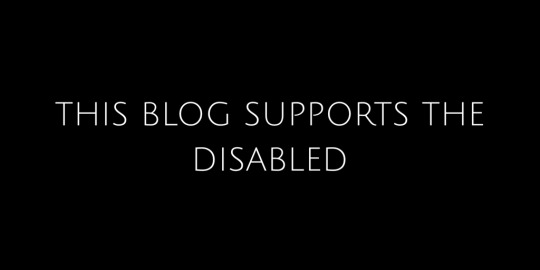
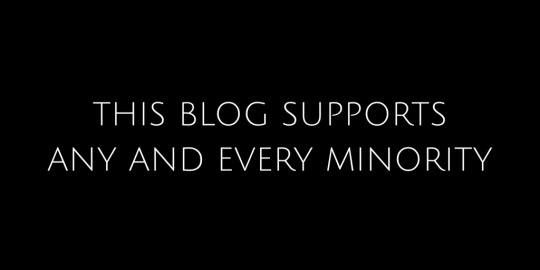
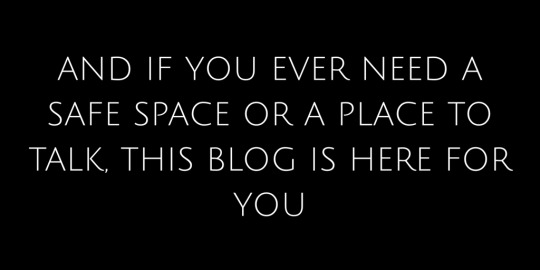
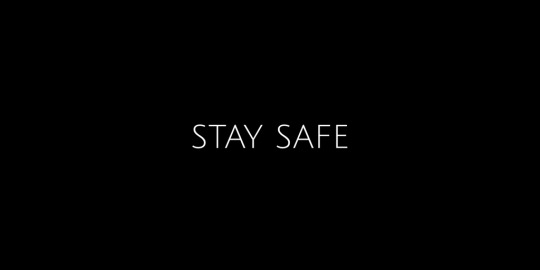
Dark times all around but there are still people out there who love you
Do not hurt yourself, do not hurt others, get help, talk to someone, anyone. Humanity has survived before and we can do it now if we all just support each other. My country and my people let me down and endangered my life but there’s nothing I or anyone else can do about that so let’s try to spread the love that is so clearly lacking.
578K notes
·
View notes
Text

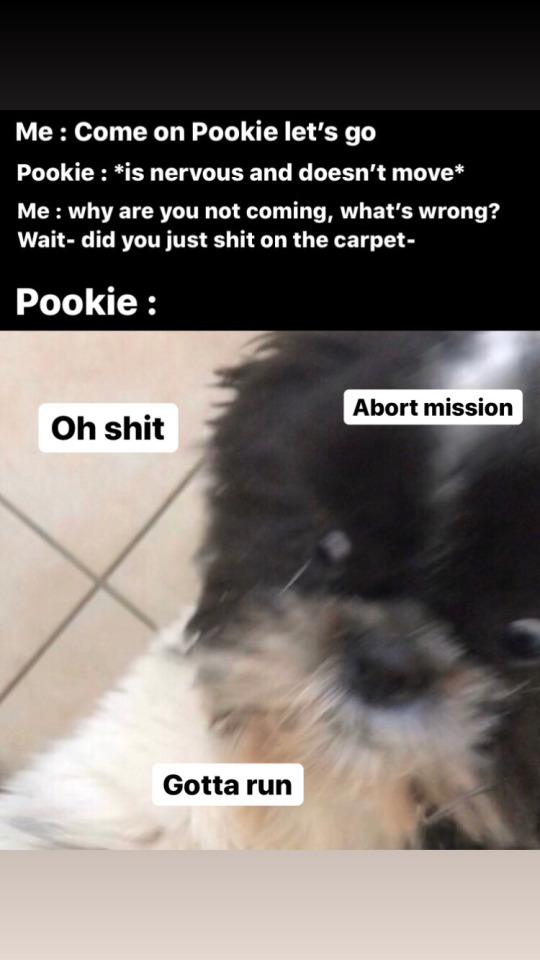


Here’s Pookie, she is baby, she is derp, and she wants y’all to know she loves you and hope you have a great day 💞
In a funk, so let’s try an experiment. Reblog with something cute, funny, uplifting, or beautiful. Maybe we can get a chain of positivity going that will help my funk and yours too.
14 notes
·
View notes
Text
Get To Know Us!!!
(System As Meme)
Send An Ask With One Or More Emojis, And We’ll Answer!
🤔: How Many Alters Are In Your System?
🏳️🌈: Are Any Of Your System Members LGBTQIA+?
🐶: Any Non-Human Alters? If So, How Many?
🍼: Any Littles In Your System? If So, How Many?
🤫: Any Funny System Stories?
🤯: If You’re Comfortable Sharing, When Was Your “Oh Sh*t, I’m Not A Singlet” Moment?
🤩: Favorite Thing About Being Part Of A System?
😢: Least Favorite Thing About Being Part Of A System?
🥰: Any Wholesome System Stories?
🎨: Any Hobbies That Everyone In The System Enjoys?
👀: Does Anyone Know You’re A System?
💫: How Often Do You Switch In A Day/Week?
⭐️: How Many Fictives Do You Have, If Any At All?
🕶: How Many Factives Do You Have, If Any?
♾: Which Alter(s) Have Been Around The Longest?
💕: Do You Have Any Fictive Doubles Of Any Sort?
💋: Are Any Of Your Alters Dating Anyone, Inside Or Outside The System?
💄: Do You Have A Hard Time Agreeing On What To Wear?
❤️: How Many Caretakers Are There, If Any?
🖤: How Many Protectors Are There, If Any?
❓: (Ask Any Question Not On Here, That Isnt Regarding Trauma)
Send Some Asks In! ❤️❤️❤️
(Yes, This Is Free For Anyone To Reblog!)
2K notes
·
View notes
Text
everyone leaving front when something big stressful™ happens:

(source)
182 notes
·
View notes
Text
Please send us some Asks, I’m boooooored
-Lou
DID/OSDD1 Ask Meme But It Isn’t Just About Alters
1. How old were you when you found out you had DID/OSDD? 2. What symptom disrupts your day to day life the most? 3. What is your favorite grounding tool? 4. What has your experience with therapy been like? 5. How often do you switch? 6. What does recovery mean for you? 7. What aspect of recovering do you look forward to the most? 8. What is a day in the life of your system look like? 9. What is your external support system like? 10. How do you record system activity? 11. How does dissociation feel for you? 12. What music do you relate to your disorder? 13. What has your experience with the DID/OSDD community been like? 14. What media comforts you the most? 15. Are there any popular coping/grounding tools that don’t work for you? 16. How does DID/OSDD affect you physically? 17. What aspect of recovery are you working on right now? 18. What co-morbid conditions interact with your DID/OSDD the most? 19. Are you a trauma-over-sharer or a take-my-trauma-to-my-graver? 20. How much progress towards stability or recovery have you made since finding out about having DID/OSDD? 21. What does safety mean for you? 22. Are there any emotions you struggle with experiencing or are isolated elsewhere in the system? 23. How do you comfort distressed alters? 24. Do you prefer internal (like thought and feeling) or external (like written notes) communication with alters? 25. What makes you happy?
964 notes
·
View notes
Video
196K notes
·
View notes
Text
Shego from Kim Possible? hell Yeah
hey I’m procrastinating so find out which gay childhood character you are
78K notes
·
View notes
Text
hey i want y'all to know, being stuck in front for a long time (even months at a time or more) happens.
not being sure if an alter (or even you yourself) recently split or just came out of dormancy happens.
splitting a lot in a short period of time happens.
having super conflicting cohosts with vastly different gender identities, opinions, tastes, and voices happens (and are allowed to express themselves)
did/osdd isn’t convenient. hard and confusing stuff happens. it’s ok. every presentation and functioning of did/osdd is different, just like depression affects people differently. try not to let the judgements of others get you down, and don’t make “standards” for your system based of how another system works. ♥️
-monty
277 notes
·
View notes


